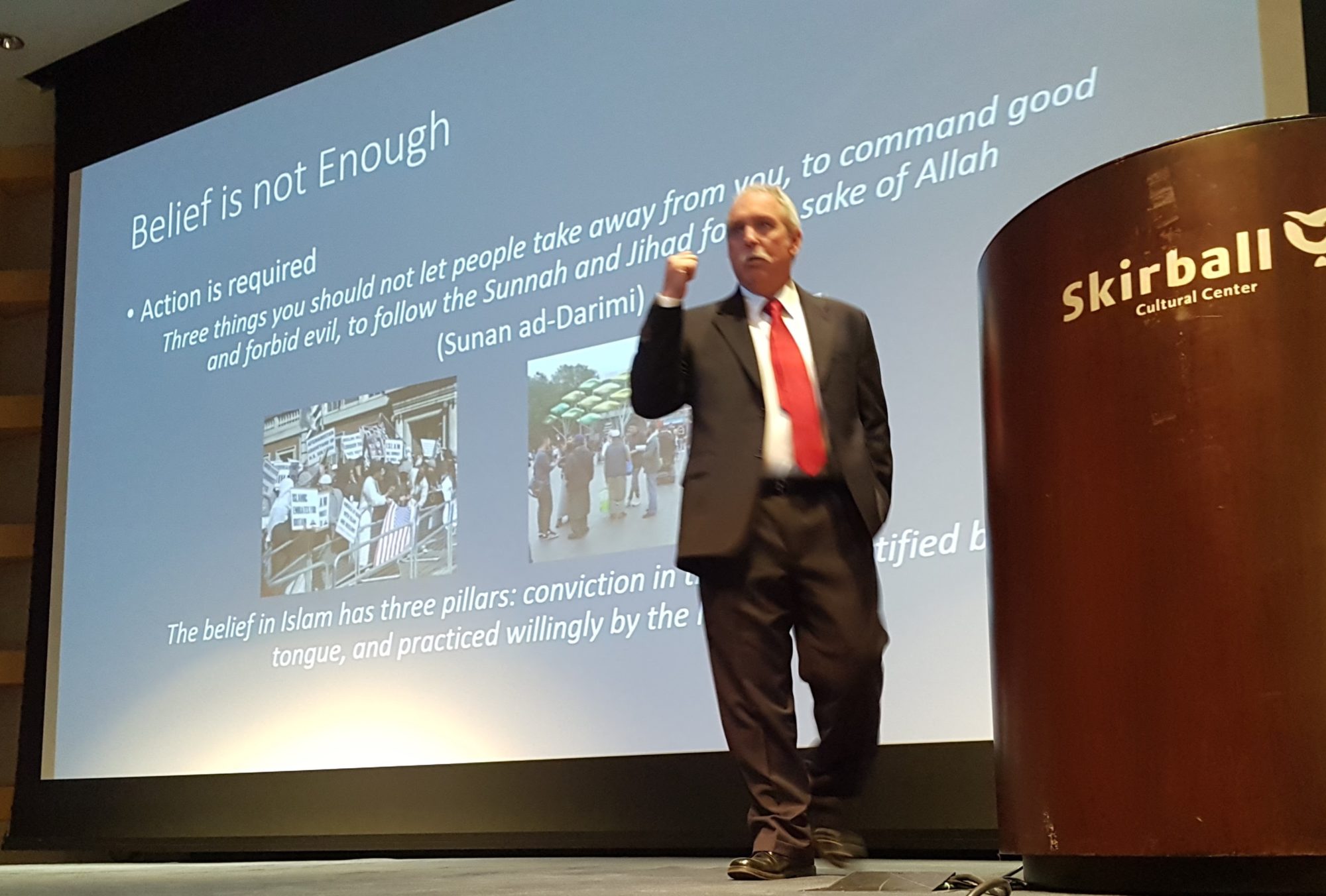Since the 9/11 attacks, governments in the West have primarily attempted to manage the risks associated with terrorism through kinetic and legislative means. Those are arguably reactive rather than proactive measures and do little to stem the problem. Moreover, the use of hard power mechanisms by Western governments is not only extremely expensive, it has in many instances exacerbated the problem rather than minimize it.
Particularly in Europe, governments often view radicalization as the core problem and assess that it must be stopped. Some have attempted to employ preventative measures, but the ability to build meaningful resiliency against the dissatisfaction and disaffection leading to radicalized political thought has had little success. Thus, the motivation behind my work is to develop new primary data to enhance understanding in what has become a very politicized, dynamic, and misunderstood environment. In my view, the only way to do that is to interact with individuals pejoratively labeled as radicalized extremists, and terrorists.
Get in touch for more information.